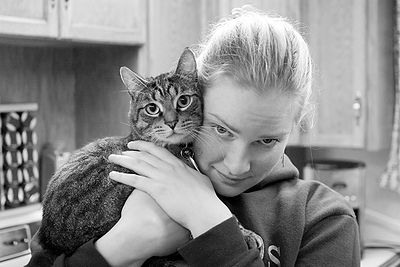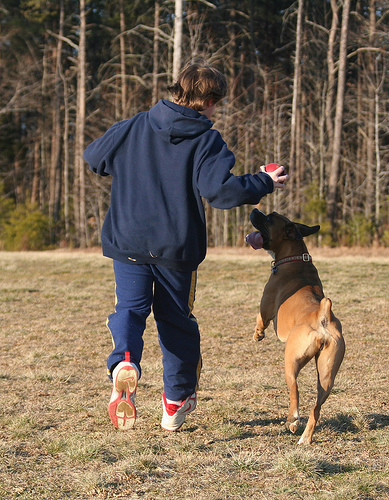Kennels can be the best solution when pet owners are traveling, ill or have a family emergency. It is not always practical to take pets on a trip and neighbors and friends may be willing to help but lack the knowledge to care for your pet properly.
Choosing a kennel
Although most kennels board only cats and dogs, there are kennels which house horses, birds, reptiles and exotic pets. Many kennels provide services such as boarding, grooming, training classes, pet supply sales and pet shipping. Check if the kennel you are considering offers the services your pet requires. The American Boarding Kennels Association has a membership of almost 1,600 kennels throughout the U.S. and Canada. These kennels adhere to high standards of pet care and professionalism.
How do you find a good kennel? The best way is to ask for recommendations from your friends and veterinarian. If your community has a Better Business Bureau, this is also a good place to get a recommendation. If neither of these options is available, try the Yellow Pages. If you are traveling during the holidays, it is a good idea to book far in advance since the kennels can be fully booked at these times of the year.
Before boarding your pet, make a personal visit to the kennel. The kennel owners may not allow visitors in to the area where the animals are kept, since some animals do not react well to strangers.
Pay attention to these things at the kennel:
- The kennel should look and smell clean
- Some kennels are entirely indoors while some combine indoor and outdoor facilities. Ask the owner to explain the system at his kennel.
- Check that the kennel is well-enclosed, so that if a homesick animal tries to run away he will not be able to get out.
- The areas where the animals sleep and play should be free of sharp objects, harmful chemicals and objects your pet might swallow. The sleeping quarters should have dividers between each pet.
- Make sure pets are being checked daily for signs of distress or illness.
- Water dishes should be available for each pet. Ask what food the animals are served and whether you can provide your own if you wish.
- Make sure all quarters are warm and dry and that the sleeping quarters are roomy and comfortable.
Boarding your pet
When you make your reservation find out what you need to bring to the kennel. The kennel may require immunization records, special food, medication, bedding, and toys. Dogs need a bit of time to get used to a new location, although cats usually have no trouble adjusting. Don’t upset your pet with elaborate farewells.
Make sure to give the kennel all relevant contact information, for yourself and for your vet. If your pet has any specific fears or characteristics, let the kennel owners know as this helps better care for him.
Picking up your pet
Pick up your pet only during business hours, so as not to disrupt the other animals. Ask how the visit went, including how your pet ate and whether he adapted well. For the first four hours after you get home, it is a good idea not to feed or water a dog. Dogs can get overexcited and overeat, causing diarrhea or vomiting. If your dog is visibly thirsty, offer ice cubes. Don’t be alarmed if your dog sleeps for most of the first two days after returning home; this is normal behavior.



